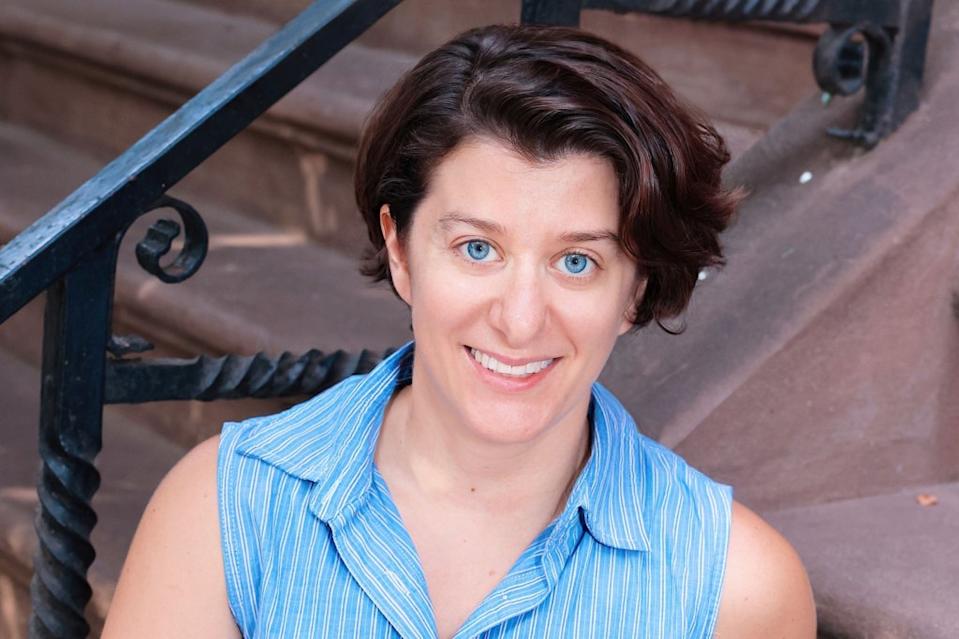
This story was originally published on Multifamily Dive. To receive daily news and insights, subscribe to our free daily Multifamily Dive newsletter.
Dive Brief:
-
Two multifamily properties in Austin, Texas — Orbit Apartments and Starburst Apartments — were transferred to special servicing for monetary default in June, according to a report Morningstar Credit shared with Multifamily Dive.
-
The assets, whose sponsors are Wesley Ivan Keller, Nathan Ivan Keller and Jonathan Sheffield Keller of Keller Capital, have a current outstanding balance of $110 million on a commercial mortgage-backed securities loan.
-
Keller Capital invested $12.2 million, or $14,530 per unit, to renovate the properties since buying them in 2019, according to a separate report from S&P Global Ratings. The firm upgraded the flooring, appliances, cabinet fixtures, lighting, clubhouses, fitness centers and pool. As of March 2023, 394 out of 840 units have been rehabilitated.
Dive Insight:
The 504-unit Starburst Apartments were built in 1983, and the 336-unit Orbit Apartments were built in 1981. Amenities at the garden-style properties include gated access, an outdoor pool, basketball and tennis courts, a fitness center and a clubhouse, according to the S&P report.
The properties' full-year 2024 net cash flow decreased 16% from loan issuance. Weak revenue and increased expenses pushed the debt service coverage ratio to a near-breakeven mark of 1.02x at the two garden-style apartments, according to Morningstar.
“The underwriting on this one was a bit skinny to begin with, as the underwritten debt servicer coverage ratio was just 1.27,” David Putro, head of commercial real estate analytics at Morningstar Credit, told Multifamily Dive. “Revenue has dropped a bit and expenses have risen a bit, so the combination had it teetering on breakeven by the end of 2024.”
Austin has stood out nationally for its apartment supply, with 23,000 units delivered between the city and nearby Round Rock, Texas, over the past two years, according to data from Yardi Matrix.
“In a market like Austin, especially North Austin, there has been so much new supply that there's been a total shift in the renter base,” Chris Nebenzahl, vice president of rental research at Irvine, California-based John Burns Research & Consulting, told Multifamily Dive. “You're getting two, three or four months' free concessions in some places.”
Though the two properties are both more than 40 years old, they aren’t immune to the effects of new deliveries, as renters can move up and into a different asset class due to the heavy concessions in the market, according to Nebenzahl.
Story Continues“There has been all this shifting about from class B to class A and class C to class B,” Nebenzahl said. “So when you get so much supply, the way Austin has, it uproots all property classes within a market, because there's so much mobility. There has been a lot of class C turnover, and there hasn't been a lot of backfill.”
Click here to sign up to receive multifamily and apartment news like this article in your inbox every weekday.
Recommended Reading
-
Problem loans: Tracking the biggest multifamily delinquencies














